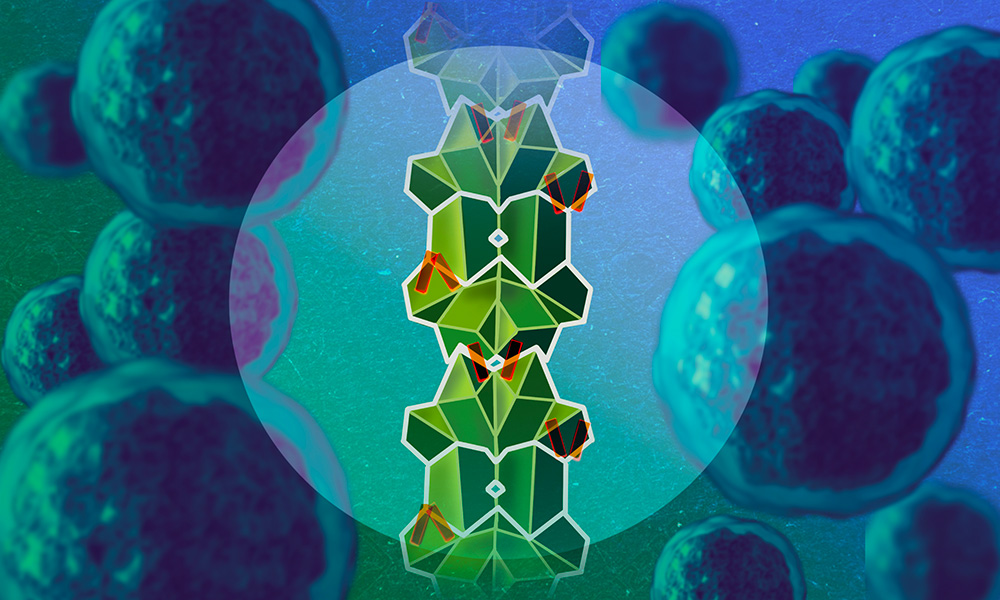A diagnosis of prostate cancer often brings physical challenges along with emotional and psychological strain. The journey through treatment and recovery can feel isolating due to changes in health, daily routine, and personal identity. Many patients face questions about prognosis, side effects, and long-term wellness. This complex experience highlights the need for resources that address more than just medical care. Support groups play a crucial role by providing connection and shared understanding during a time of uncertainty and change. These groups offer a safe space where patients can feel less alone in their journey.
Support groups offer a space where individuals with prostate cancer can exchange information, share experiences, and express feelings openly. Members often discuss treatment options, coping strategies, and common side effects such as fatigue or urinary issues. This environment helps reduce feelings of isolation by connecting people who face similar challenges. Hearing from others who have navigated the recovery process can provide perspective and practical advice. Group support may also encourage patients to stay engaged with their healthcare plans and maintain motivation. This collective sharing can foster empowerment and build a sense of community.
Emotional Benefits of Group Participation
The emotional toll of prostate cancer can include anxiety, depression, and uncertainty about the future. Support groups address these issues by fostering a sense of belonging and validation. Participants often find relief in knowing their feelings are understood and shared.
This mutual empathy helps build resilience and promotes mental well-being. Facilitators guide conversations to ensure everyone feels heard and respected. Emotional support in this setting complements medical treatment and contributes to a more balanced recovery experience. Building these emotional connections can improve coping skills and reduce stress.
Educational Opportunities in Support Groups
Support groups also serve as valuable platforms for learning. Many groups invite healthcare professionals to provide information on treatment advances, side effect management, and lifestyle adjustments. Educational sessions empower patients to make informed decisions and advocate for their care. Understanding options related to surgery, radiation, or hormone therapy enhances patient confidence and involvement. Access to current research and resources helps individuals plan their recovery with realistic expectations. This knowledge supports better communication with medical providers and more personalized care.
Social Connections
Beyond emotional and educational support, groups help rebuild or strengthen social connections disrupted by prostate cancer. Friendships formed within support groups extend beyond meetings, creating networks of encouragement. These bonds may reduce feelings of loneliness and improve overall quality of life.
Social interaction also provides opportunities for sharing practical tips on nutrition, exercise, and stress reduction. This sense of community fosters positive habits and reinforces recovery efforts. These relationships often become important sources of ongoing support beyond the cancer journey.
Explore Prostate Cancer Support Groups
The path of prostate cancer recovery extends beyond treatment completion. Support groups encourage ongoing involvement that adapts to changing needs over time. Continued participation helps members stay informed about new therapies and maintain emotional support. This long-term engagement can improve adherence to follow-up care and promote healthier lifestyles. Patients who remain connected to support networks often report better satisfaction with their recovery journey. Joining a support group offers a valuable resource for managing both immediate and future challenges. Staying connected ensures patients do not face later obstacles alone.
